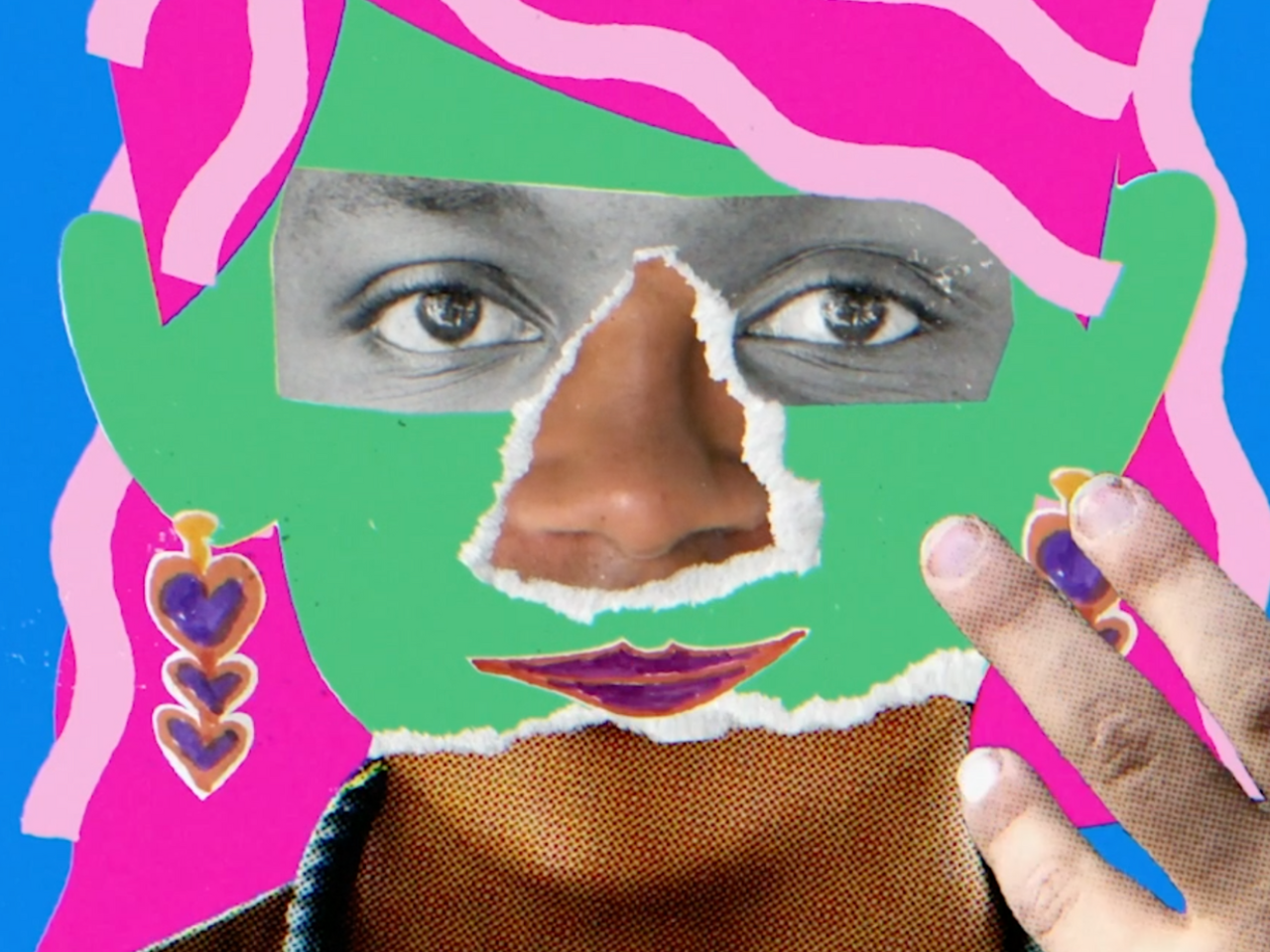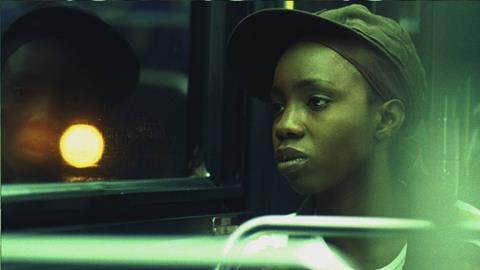7 Short Films on Women's History & Black History

Wayback when, there was a stand up comic who started on the vaudeville circuit before eventually making it to the top of the world, rubbing shoulders with Frank Sinatra and the Rat Pack. (Drake has a song charting such a fantastic ascension: “Started from the bottom, now we’re here.”) The comic in question was Rodney Dangerfield. Even after achieving fame, his tagline was, “I can’t get no respect.” By the end of his career, he was quite famous and, we can assume, comfortably wealthy. Yet he continued to roll with that punchline, and the crowds continued to eat it up.
Today we want to talk about something that truly doesn’t get enough respect: the short film.
The Lumiere Brothers are often considered the grandfathers of cinema, and their first films averaged 45 seconds. The one for which they are most famous is 1896’s Train Pulling into a Station (L'arrivée d'un train en gare de La Ciotat) in which a train moves directly towards the camera. According to apocryphal accounts, it scared the bejesus out of the audiences, and sent spectators clamoring to escape the path of the hard-charging, smoke belching iron horse bearing down on them. They terrorized the audience in only 50 seconds.
A Trip to the Moon by George Melies was 18 minutes. His earlier effort, House of the Devil, was only 3 minutes in length. The first film completed in Hollywood was The Count of Monte Cristo, clocking in at 14 minutes. The first film made entirely in Hollywood, In Old California, was 17 minutes long. Subsequent forays into moving pictures over the next few years weren’t significantly longer.
In other words, if we muster the courage to face the hard truth, the short film is the original film and we should call everything else “long films.” Nonetheless, the short film suffers from the social injustice of the compound name. On top of that travesty, short films earn less money per minute, receive fewer screenings, and are rarely reviewed.
We’re telling you that despite getting limited credit, short films made Hollywood possible. Cinema as we know it would not exist without the short film. The short film built Hollywood. Yes! We said it! Netflix, Amazon Prime, Apple, and the entire gang of streaming services that produce “original” work owe a blood debt to the short film.
Today we tip our hat to these gems, curated for Black History (February) and Women’s History months (March), and listed in chronological runtime order:
Sometimes I Wonder Who I Am
By Liane Brandon, 1970, 5 mins
Sometimes I Wonder Who I Am is an enduring classic of the Women’s Movement that resonates to this day. Filmed in 1969, this poignant portrait of a young mother helped to give voice to a generation of American women whose opportunities and career choices were extremely limited. It was one of the first independent films of the fledgling Women’s Movement. Many of these limits are still experienced by women today.
Mama Has a Mustache
By Sally Rubin and Jonathan Skurnik, 2021, 10 mins
Mama has a Mustache is a short, quirky, fully animated documentary about gender and family, as seen through children’s eyes. Driven completely by audio interviews of kids ages 5-10, the film uses these sound bytes combined with clip-art and mixed media to explore how children are able to experience a world outside of the traditional gender binary.
Life on the Ganges
By Indira S. Somani, 2018, 10 mins
Varanasi, India is one of the holiest cities, located in the northeastern part of the country. People from all over India, even the world, travel to Varanasi to bathe in the Ganges River to wash away their sins and purify their souls. Along the river embankment are boatmen who row tourists up and down the Ganges during Dev Diwali, a festival celebrated 15 days after the national holiday of Diwali. The boat rides are part of the spiritual experience on this holy day, and the film introduces the audience to the river, this auspicious event, and one particular boatman, whose main source of strength and survival comes from the Ganges.
Arc of Justice
By Helen Coen and Mark Lipman, 2016, 22 mins
Arc of Justice traces the remarkable journey of New Communities, Inc. (NCI) and the struggle for racial justice and economic empowerment among African Americans in southwest Georgia. NCI was created in 1969 by leaders of the Civil Rights Movement in Albany, Georgia to help secure economic independence for African American families. For fifteen years, NCI cooperatively farmed nearly 6000 acres of land despite racist attacks and refusals by federal agencies to provide grants or loans. Its land was lost to foreclosure in 1985, but 25 years later NCI was given new life as a result of a successful class action lawsuit brought by hundreds of African American farmers against the U.S. Department of Agriculture.
American Santa
By Avi Zev Weider, 2023, 22 mins
American Santa offers an unflinching look at Black Santas, juxtaposing their festive role with the racism they encounter, providing a poignant look into cultural diversity and societal challenges.
Soledad
By Lisa Molomot, 2020, 24 mins
Through one woman's harrowing story, Soledad illustrates the plight faced by many asylum seekers and refugees arriving at the U.S. border and highlights the incredible work of lawyers and activists who donated their time to fight for another woman's future. Soledad puts a human face to our current immigration system and invites audience members to reflect on what kind of country we want to be and how our stance on immigration impacts real human lives.
Pariah (The Short Film)
By Nekisa Cooper, 2009, 27 mins

A Bronx lesbian teenager juggles conflicting identities to please friends and family. This short film is a precursor to the feature length film of the same name, which premiered at Sundance in 2011.